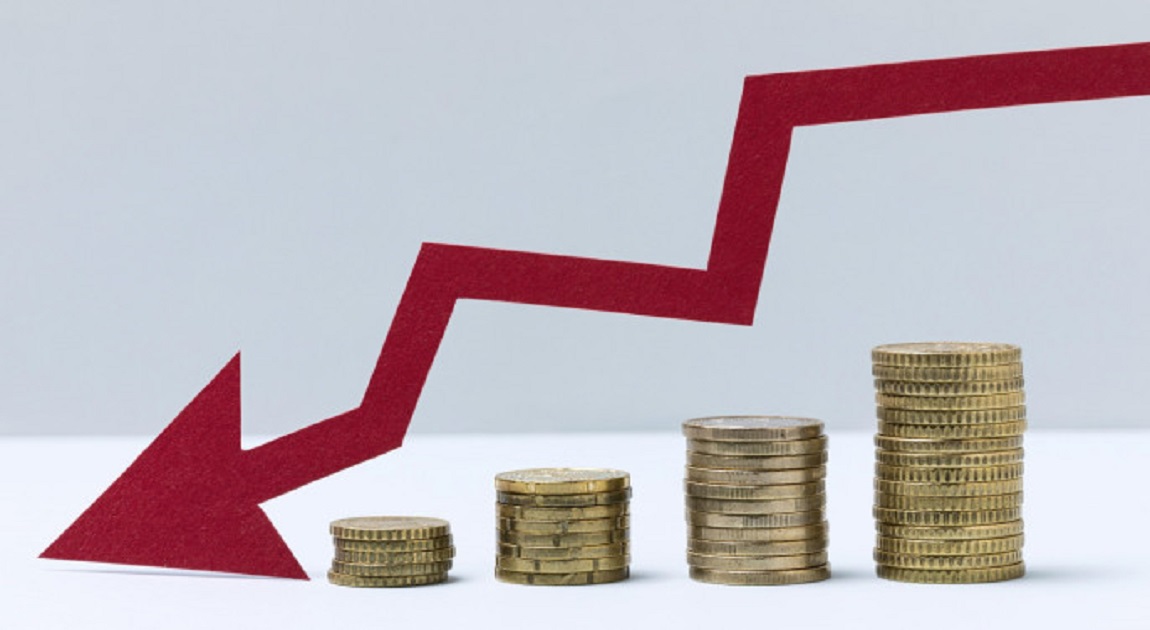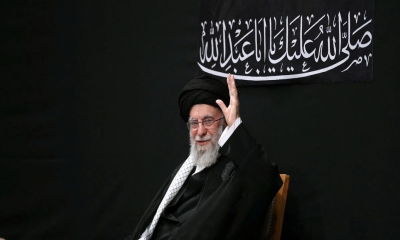Bangladesh is set to announce its 55th national budget today, with a proposed size of BDT 7.90 trillion for the fiscal year 2025–26.
This marks a significant shift, as for the first time in the country`s history, the overall budget size will shrink—down by BDT 70 billion from the current 2024–25 budget of BDT 7.97 trillion.
The budget, to be presented at 3 PM by interim government`s economic advisor Dr. Salehuddin Ahmed on state-run Bangladesh Television (BTV), will propose multiple tax and duty adjustments aimed at curbing inflation, promoting macroeconomic stability, and easing the financial burden on citizens.
Officials from the Ministry of Finance have indicated that the smaller budget aligns with a tighter monetary policy intended to combat inflation and improve fiscal discipline. The operational (non-development) expenditure is projected at BDT 5.5 trillion, compared to BDT 5.07 trillion in the current budget. Meanwhile, development expenditure is set to decline from BDT 2.81 trillion to BDT 2.4 trillion. The Annual Development Programme (ADP) is expected to be slashed from BDT 2.65 trillion to BDT 2.3 trillion.
Products Likely to Become Cheaper
The upcoming budget is expected to lower Value Added Tax (VAT), import duties, and withholding taxes on a wide range of goods, potentially reducing their retail prices. Notable items include:
Energy Sector
LNG: A VAT waiver on LNG imports (currently 15%) is being proposed, which would reduce LNG prices.
Crude and Refined Fuels: Import duties may be reduced from 5% to 1% on crude oil and from 10% to 3% on other fuels.
Agriculture and Essential Goods
Over 30 agricultural and essential items, including rice, wheat, potatoes, livestock, fish, meat, onions, garlic, lentils, turmeric, ginger, dry chilies, pulses, and maize, are expected to benefit from reduced withholding tax at the source—from 1% to 0.5%.
Sugar and Edible Oil
Import duties on sugar may be lowered to curb its retail price.
Leather Industry
Duties on several chemical raw materials used in leather processing may drop from 5% to 1%—particularly important ahead of Eid-ul-Azha when demand for leather processing surges.
Healthcare
Raw materials for medicines and medical devices, especially those used in treating cancer, kidney, and vascular diseases, may receive expanded tax exemptions. A total of 79 new pharmaceutical items could be made duty-free, which is expected to help reduce treatment costs nationwide.
Real Estate
Land registration taxes are expected to be reduced, making property transfers more affordable.
Toys and Sports Equipment
Toy imports may see a fixed duty reduction to $4/kg, while import duties on willow wood used in cricket bats may decrease from 37% to 26%.
Technology and Software
To boost the domestic software export industry, the government plans to reduce import duties on development tools, operating systems, databases, and cybersecurity software from 10% to 5%.
Non-Alcoholic Beverages
The supplementary duty on imported non-alcoholic juices may drop from 150% to 100%, likely lowering prices for foreign juice products in the local market.
The 2025–26 budget introduces a strategic contraction aimed at controlling inflation while easing the cost of living for citizens through targeted tax reductions. By reducing import costs on energy, essential goods, healthcare inputs, and technology, the government hopes to make key items more affordable while fostering industrial and export growth in critical sectors.
The budget announcement will be closely watched by economists, businesses, and households for its broader economic implications in a time of global uncertainty and domestic fiscal realignment.













-20260304091720.webp)






-20260303080739.webp)








-20260225072312.webp)





-20260228064648.jpg)
